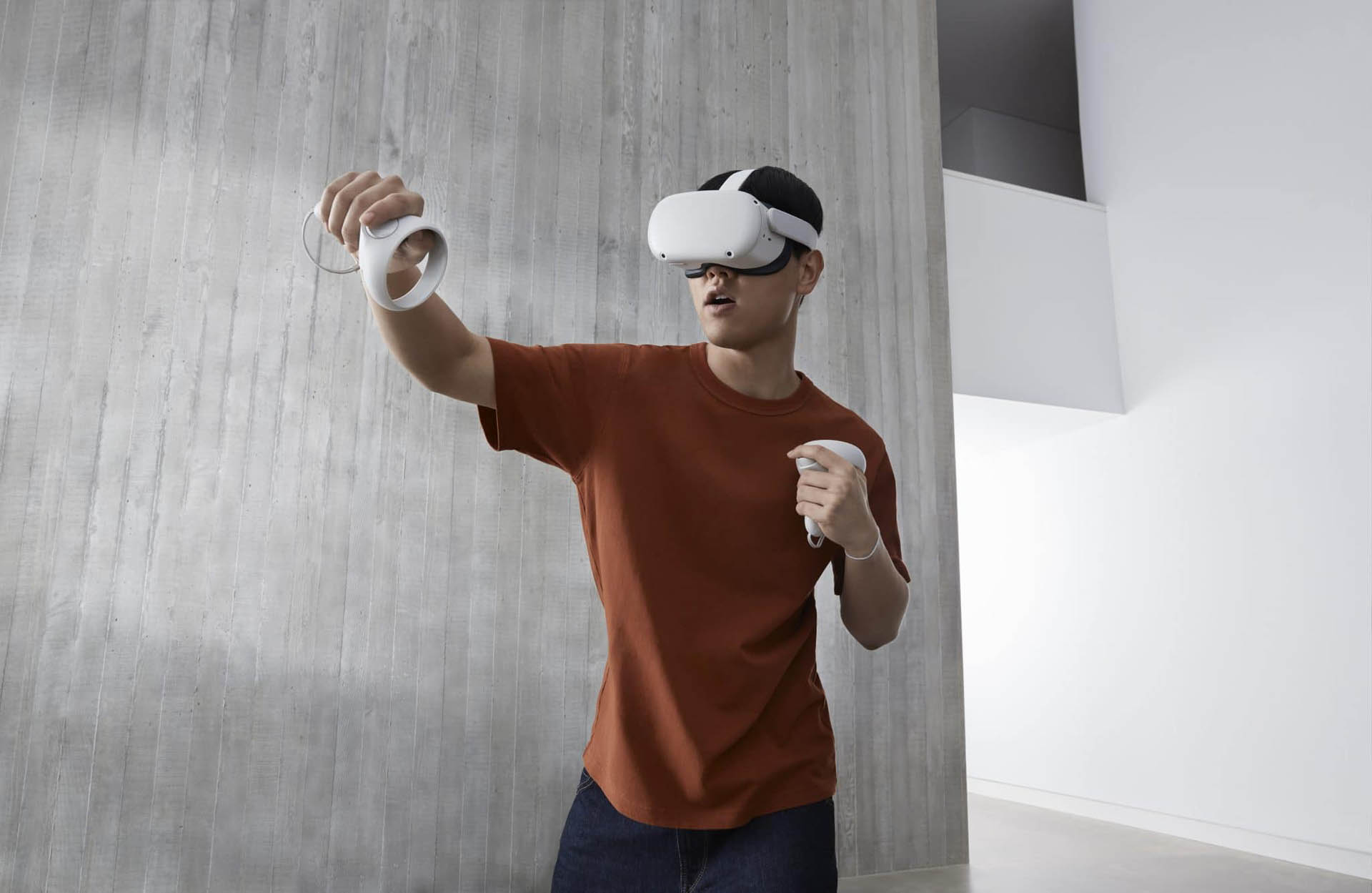The Anticipated Sequel To The Game Changing Vr Headset From Oculus Is Better, Faster, And Stronger And Notably Less Expensive Destined To Bring Virtual Reality Into The Mainstream
By Matthew Mizrach
When Facebook magnate Mark Zuckerberg purchased Oculus in 2014 for $2 billion (including $400 million in cash and 23.1 million shares of Facebook stock), it was a decision made with a firm gaze on the future. Not only did the tech giant see the necessity of claiming its stake in the gaming industry (global revenue in 2020 reached a staggering $179.7 billion), but it had the prescience to see the even bigger picture. The future of gaming (and much more) was based in VR.

The release of the Oculus Quest in 2019 only served to validate this vision. Becoming the best selling VR headset worldwide and lauded by critics as an impressive leap forward in the marketplace, the Quest helped usher virtual reality into the mainstream. The onset of lockdowns and sheltering in place during the pandemic only increased demand for the standalone headset.
And with the October 2020 release of its successor, the Quest 2, it finally feels like Facebook and Oculus are finding their stride with a product that could truly change the game. The clumsiness of the original headset has been severely reduced, and version 2.0 sports a much lighter, less top-heavy design. The overall sharpness and quality of the screen has been improved, as well as the 3-D built-in audio, which feels more immersive than its predecessor. The ecosystem of games is better than ever, improving on the popularity of games like Beat Saber and utilizing the Oculus Link to play titles via the power of your PC. But perhaps the most important development: they have figured out how to make the system more accessible to the average household gamer, decreasing the baseline price from $399 to $299.
Oculus Quest 2
From $299, oculus.com
